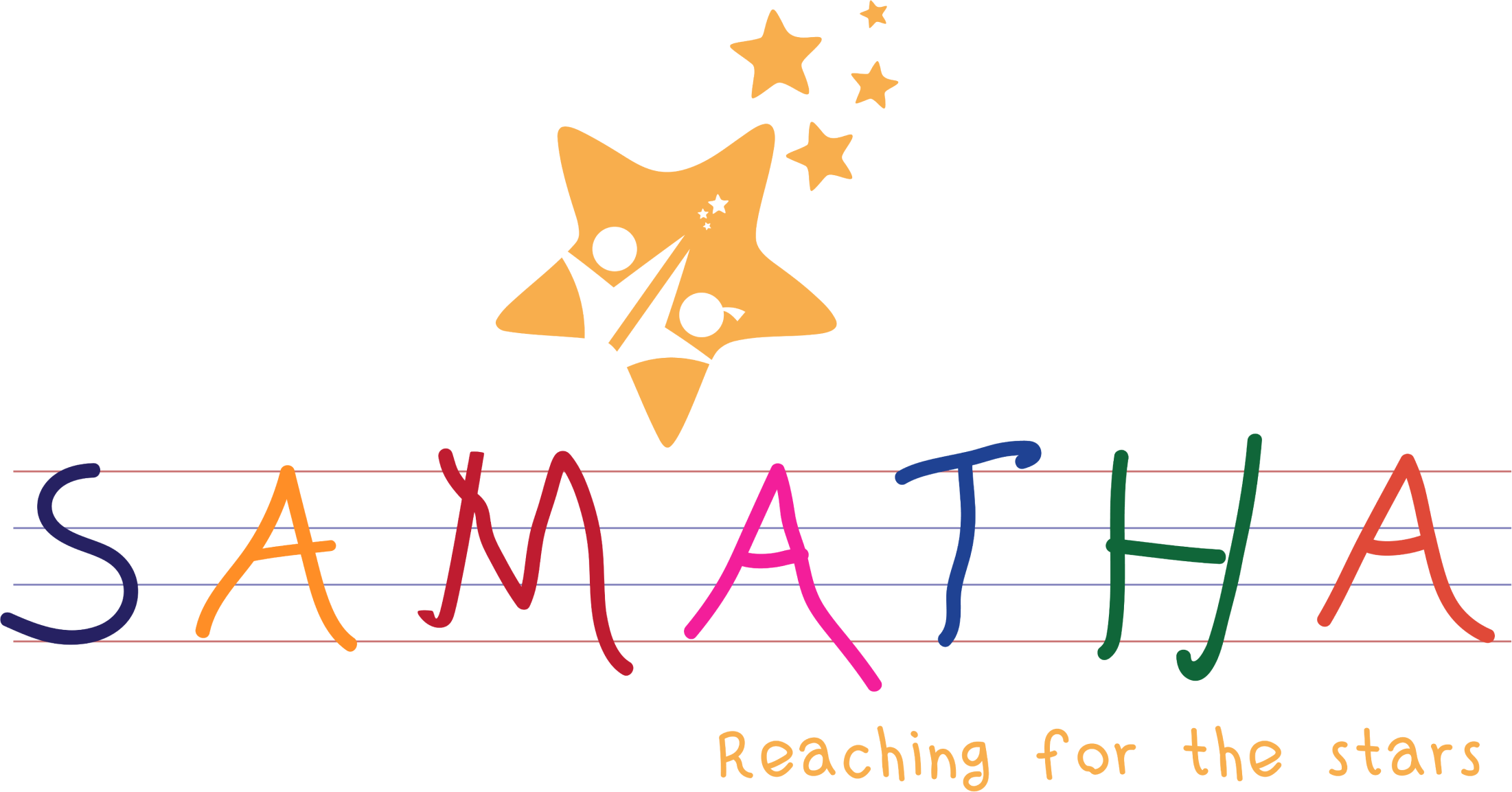As I watched this little 8 year old boy play, I saw him look at his right hand in front of him. He hits with his left hand. His right hand moves down and comes up and goes down again and comes up again, slowly. Then as he reduces the height of the movement, the speed increases till it moves short distance and fast and stops….
It takes me a little while and then I realize he is imitating the movement of a bouncing ball! This is a non-verbal child on the autism spectrum. Its only because he had ‘free- time’ he could explore. And because I had the time to watch him, I learnt so much about his ability to understand. The free time was not wasted. It was learning for me the teacher. I learnt more about my student from that play time than I would have from any assessment I could have done.
Here is a short excerpt from an article about schools in Finland valuing play.
Approaching the school’s playground that morning, I watched as an army of 5- and 6-year-old boys patrolled a zigzagging stream behind Niirala Preschool in the city of Kuopio, unfazed by the warm August drizzle. When I clumsily unhinged the steel gate to the school’s playground, the young children didn’t even lift their eyes from the ground; they just kept dragging and pushing their tiny shovels through the mud.
At 9:30 a.m., the boys were called to line up for a daily activity called Morning Circle. (The girls were already inside—having chosen to play boardgames indoors.) They trudged across the yard in their rubber boots, pleading with their teachers to play longer—even though they had already been outside for an hour. As they stood in file, I asked them to describe what they’d been doing on the playground.
“Making dams,” sang a chorus of three boys.
“Nothing else?” one of their teachers prodded.
“Nothing else,” they confirmed.
“[Children] learn so well through play,” Anni-Kaisa Osei Ntiamoah, one of the preschool’s “kindergarten” teachers, who’s in her seventh year in the classroom, told me. “They don’t even realize that they are learning because they’re so interested [in what they’re doing].”
When children play, Osei Ntiamoah continued, they’re developing their language, math, and social-interaction skills. A recent research summary “The Power of Play” supports her findings: “In the short and long term, play benefits cognitive, social, emotional, and physical development…When play is fun and child-directed, children are motivated to engage in opportunities to learn,” the researcher concluded.
Osei Ntiamoah’s colleagues all seemed to share her enthusiasm for play-based learning, as did the school’s director, Maarit Reinikka: “It’s not a natural way for a child to learn when the teacher says, ‘Take this pencil and sit still.’” The school’s kindergarten educators have their students engage in desk work—like handwriting—just one day a week. Reinikka, who directs several preschools in Kuopio, assured me that kindergartners throughout Finland—like the ones at Niirala Preschool—are rarely sitting down to complete traditional paper-and-pencil exercises.
You can find the whole article:
As adults we feel we know what is best for our child or students. The truth is that we only know what is good. The best is what they will make of the good


